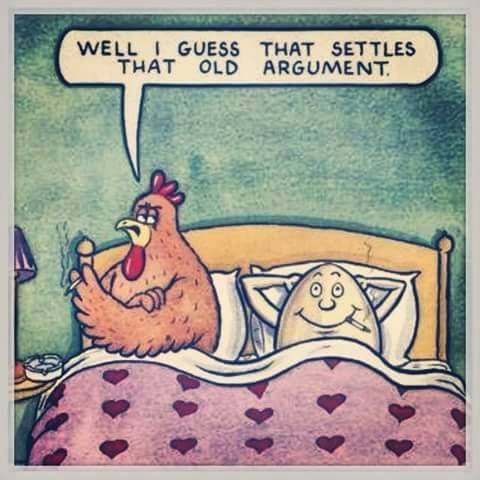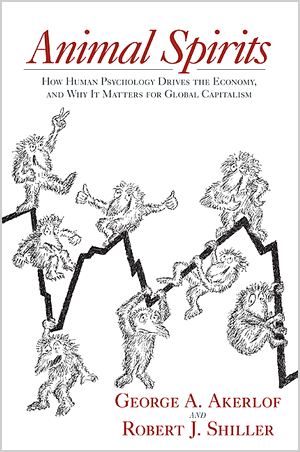George Akerlof and Robert Shiller provide a brief overview of economic philosophy and causes of historically significant downturns. I personally had trouble with how the book presented the topics.

Part One focused on different forms of animal spirits; it provided important background to the reader on concepts later discussed, often utilizing hindsight bias. Part Two combined an odd assortment of topics ranging from a history of central banks to why minorities are in poverty. The analysis of fiscal policy making and the goals of those who shape policies provided a good basis of understanding for the reader. The facts about personal savings in the context of cultural self-image especially held my interest. Yet, this along with the real estate market and poverty among minority groups sections seemed disjointed and less directly related to the main focus of the book... but not entirely devoid of substance. However, this did make the book read as if a textbook... I would be interested to ask Akerlof and Shiller whether the writing of the book preceded the financial collapse or was it developed in the postcrisis economy.

Part One focused on different forms of animal spirits; it provided important background to the reader on concepts later discussed, often utilizing hindsight bias. Part Two combined an odd assortment of topics ranging from a history of central banks to why minorities are in poverty. The analysis of fiscal policy making and the goals of those who shape policies provided a good basis of understanding for the reader. The facts about personal savings in the context of cultural self-image especially held my interest. Yet, this along with the real estate market and poverty among minority groups sections seemed disjointed and less directly related to the main focus of the book... but not entirely devoid of substance. However, this did make the book read as if a textbook... I would be interested to ask Akerlof and Shiller whether the writing of the book preceded the financial collapse or was it developed in the postcrisis economy.
Both authors utilize their expertise and vast knowledge to make this an interesting read. I would have loved further development and discussion of the four square boxes of rational v irrational decision making and economic v noneconomic motivators. It would have tied in nicely with the introduction to economic philosophy and taken a stab at a technique that has fallen out of fashion since the founding of economics. After all, Adam Smith was first a philosopher... and expressed profound concepts through philosophical inquiry that resulted in a paradigm shift in how we understand trade and human interaction.


No comments:
Post a Comment